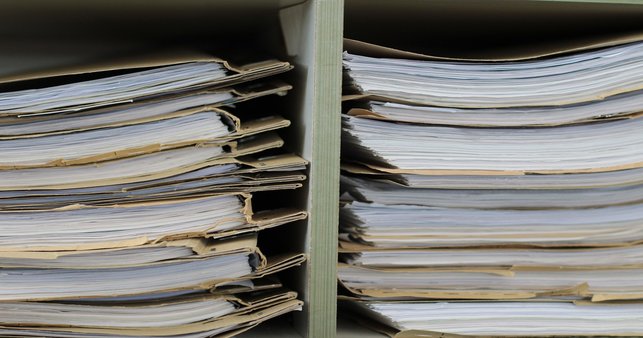
Falsifying documents is when employees make a document appear to be genuine. Falsifying a document can include tampering with it, altering it, or modifying it without permission or authorisation to do so. Employees may falsify documents to get more overtime, increase their bonus, or to get higher expense claims. They may alter time cards (or time clocks) to change their working hours or tamper with financial documents, inventory records or sales targets. Employees can also falsify documents such as resumes to be considered as a potential candidate by recruiters. Sometimes employers will falsify records and documents to make their company look more attractive, for example, to lenders. In some cases, an employee has been forced to falsify records under duress from others in the company.
Making false representations on the truthfulness of the contents can have serious consequences.
As an employer you should have a policy to handle and manage claims of falsifying documents at the workplace. This policy should be written and clearly communicated with all employees.
Clearly explain the potential consequences of falsifying documents in your employee handbook, including potential ramifications for their employment. The ramifications can include warnings, disciplinary action, or dismissal. This process should be laid out carefully and clearly in the handbook and updated when necessary. It should explain the types of documents in question, such as medical certificates, and what is considered as falsifying.
If an employee does falsify documents and you would like to address that conduct, make sure you always follow proper procedures.
For more information, download our guide on disciplinary action.
Employsure advisers can help you manage an employee who is falsifying documents. For peace of mind, please call our 24 hour Advice Line now on 1300 651 415.

FREE Termination Guide Download
Employee performance and termination should be handled carefully, here’s a guide to help.



